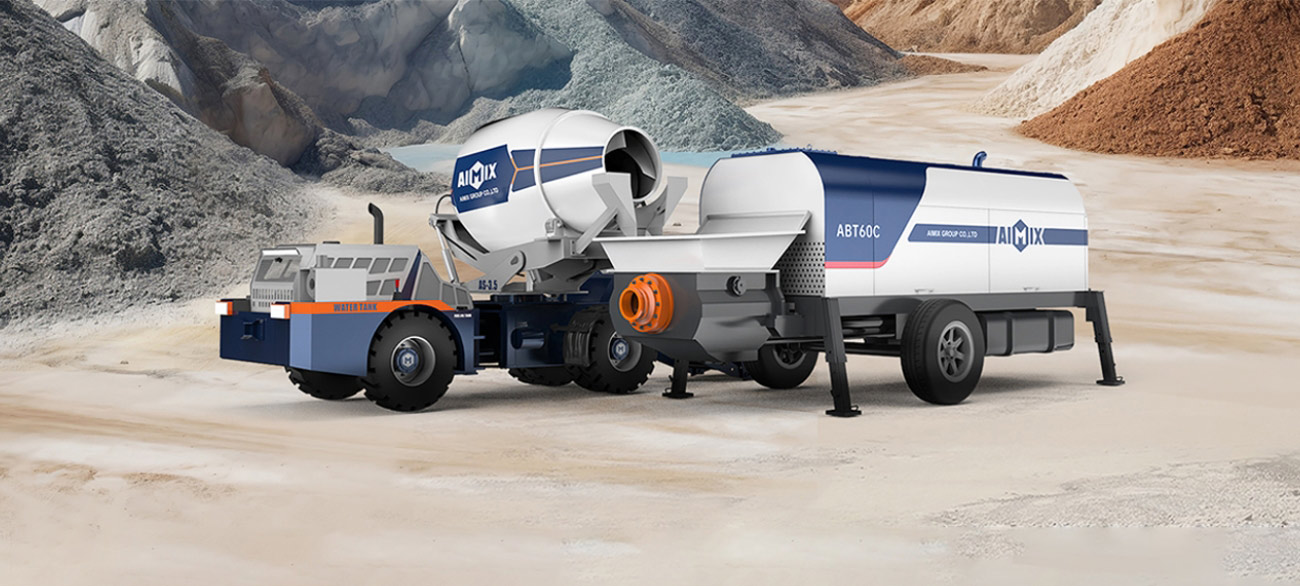Kenya’s construction sector is entering an era of accelerated transformation, driven by urban expansion, infrastructure upgrades, and the need to optimize limited resources. Projects are no longer judged solely by completion but by how quickly, efficiently, and sustainably they can be delivered. This shift is prompting builders to adopt integrated equipment solutions that eliminate delays, reduce labor dependence, and raise quality benchmarks.
Emerging Construction Demands in Kenya
Rapid urbanization and infrastructure gaps
Urban centers such as Nairobi, Mombasa, and Kisumu are swelling under population growth and industrialization. Roads, housing estates, and commercial complexes must rise at an unprecedented pace to meet the demand. However, traditional construction workflows are proving inadequate—material shortages, inconsistent output, and fragmented processes are common obstacles. These issues have intensified pressure on contractors to find smarter, more adaptable machinery that delivers concrete precisely where and when it’s needed.
The need for efficiency and cost control
Project budgets are under scrutiny as investors and public authorities seek higher returns on every shilling spent. Manual batching and separate hauling operations are no longer practical. They consume excess fuel, inflate labor expenses, and expose projects to scheduling setbacks. With growing emphasis on lean construction and value engineering, integrated equipment has become indispensable in striking the delicate balance between affordability and reliability.

The Role of Combined Concrete Equipment
Integration of self-loading mixers and concrete pumps
A single self-loading concrete mixer blends raw materials on-site, eliminating dependence on stationary batching plants and ready-mix deliveries. When paired with a concrete pump, freshly prepared concrete can be conveyed directly to formworks or elevated floors without intermediate handling. This dual mechanism minimizes material loss, mitigates human error, and enhances operational agility across diverse job sites—from urban high-rises to rural bridges.
Time-saving, labor reduction, and quality consistency
Combined systems streamline entire workflows. Operators require fewer hands to manage production and placement, enabling contractors to deploy teams more strategically. The consistency of batching inside the self loading concrete mixer in Kenya ensures a uniform concrete grade, while the pump guarantees seamless transfer without segregation. Together, these machines cut waiting times, reduce exposure to weather risks, and maintain construction schedules even in remote or congested environments.
Transforming Project Delivery
Faster project timelines and improved logistics
By integrating mixing and pumping, delivery cycles are drastically shortened. Concrete arrives at the point of use in optimal condition, reducing costly delays and accelerating overall project progress. This approach also simplifies logistics—no more multiple vehicles crisscrossing job sites or idling for hours. With less clutter and coordinated operations, safety levels improve while supervisory oversight becomes more effective.

Supporting sustainable and long-term growth
As Kenya charts its path toward modern infrastructure, combined concrete equipment - self loading concrete mixer and concrete pump in kenya supports broader economic and environmental goals. Reduced fuel consumption, lower material wastage, and fewer transport runs translate into smaller carbon footprints. Contractors who invest in these solutions gain not only operational efficiency but also a reputation for forward-thinking practices aligned with global sustainability standards.
In an industry where time and precision are paramount, merging concrete production and pumping into one cohesive system is redefining how projects are executed. For Kenya’s fast-growing construction landscape, these innovations are not simply tools—they are catalysts shaping a new era of reliable, cost-conscious, and environmentally responsible development.

Comments
No comments yet. Be the first to react!